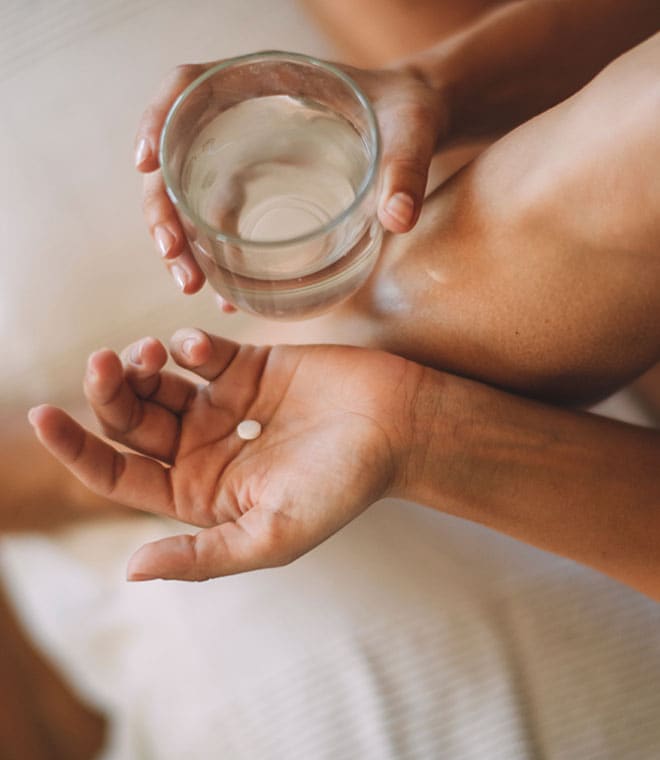Health
What causes cramping from a UTI?
By Sadie Crouch, RN, BSN Jan 30, 2025 • 3 min
A urinary tract infection (UTI) can lead to a number of unpleasant symptoms, and in some cases those symptoms include cramping. While cramping from a UTI can’t be traced to a single cause, there are several factors associated with UTIs that may lead to cramping.
Causes of cramping with a UTI
A common cause of cramp-like pain associated with a UTI may be a bladder spasm, which occurs when the bladder muscle squeezes suddenly without warning. UTIs can cause the bladder to spasm from irritation of the bladder lining, which may feel like cramping. Your healthcare provider may recommend medication to help, including over-the-counter products that may help ease the symptoms you’re feeling.
For some people with a UTI, cramping may be the result of an electrolyte imbalance. Electrolyte imbalances can occur when the amount of water in the body changes. Dehydration, overhydration and kidney issues are all associated with UTIs. A large-scale study found that 10% of UTIs are associated with one electrolyte imbalance in particular: low potassium. Muscle cramping is one of the most common symptoms of low potassium.
Do all people with UTIs experience cramping?
No two UTIs are the same, and not all UTIs involve cramping. Some UTIs cause no symptoms at all. UTIs occur more commonly in women, and cramping can be easily confused with menstrual or pregnancy cramps.
Other physical sensations associated with UTIs can include pain and a burning sensation when urinating, urgency to urinate, pressure and tenderness. See a healthcare provider if you're experiencing these symptoms to keep them from getting worse or developing complications.
What can I do for my UTI cramps?
There are some interventions you can try at home to help deal with UTI cramps. These include increasing fluid intake to dilute your urine, using heat pads and taking over-the-counter pain relief medications, as well as products that can help improve urinary tract health.
As always, it's important to consult with your healthcare provider when experiencing new symptoms, especially if they don’t improve with over-the-counter medications. This is especially important if you believe you have an infection of any kind. You'll likely need antibiotics to treat bacterial infections like a UTI. Your healthcare provider can advise you on how to treat the infection and relieve symptoms, which may include cramping.
Updated by Rebeca Thomas RN, BSN, January 2025.
Sources:
- https://www.mayoclinic.org/diseases-conditions/urinary-tract-infection/symptoms-causes/syc-20353447
- https://www.uofmhealth.org/conditions-treatments/kidney/fluid-and-electrolyte-disorders
- https://doi.org/10.1186/s12894-020-00678-3
- https://www.mayoclinic.org/symptoms/low-potassium/basics/when-to-see-doctor/sym-20050632
- https://www.nafc.org/bhealth-blog/what-is-a-bladder-spasm
- https://www.mayoclinic.org/diseases-conditions/urinary-tract-infection/symptoms-causes/syc-20353447
- https://americanpregnancy.org/womens-health/urinary-tract-infection/




